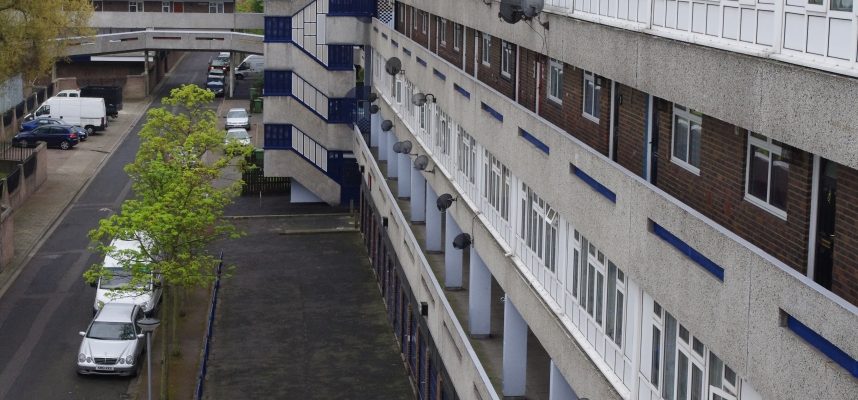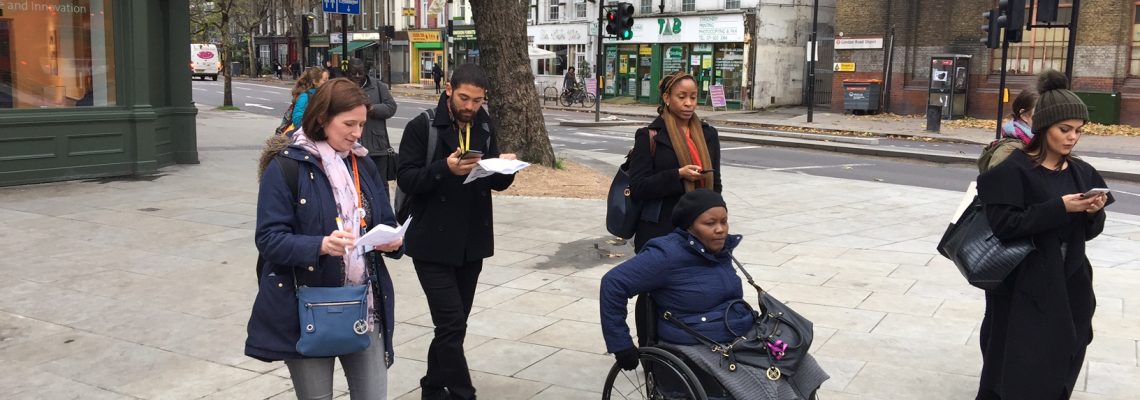WeGovNow is a three year research and innovation project focusing on civic participation in local government. It aims to change the relationship between citizens and local governments, transforming the citizen’s role from customer into partner. This is to be achieved with the development of an integrated community engagement platform, where citizens can interact with their governments and participate in local decision-making.
The platform will allow people to report local community problems and explore ways of solving them through collective action. It addresses the current limitations of e-participation by encouraging citizens to debate, develop and vote on concrete policy suggestions.
Our Role
With our expertise in participatory mapping and community engagement, Mapping for Change are involved in developing the interactive map component of the WeGovNow platform through a user centred design approach.
The project is funded by Horizon 2020, the European Framework Programme for Research and Innovation and it will include case studies in the London Borough of Southwark, City of Turin, and San Dona di Piave, Italy. In developing the platform, partners are collaborating with multiple stakeholders such as representatives from local authorities, public service providers, citizens and action groups as well as local enterprises.
Related Projects
Evaluating People Zones Leicestershire
Through engaging residents in an Asset-Based Community Development Approach, our research for People Zones Leicestershire generated lasting resources which helped identify opportunities for hyper localised community initiatives. Now, we’re returning to evaluate the program’s impact, aiming to provide concrete evidence of its effectiveness in reducing crime and promoting community well-being.
Citizen Science Used to Map Community Air Quality
In 2009, Mapping for Change supported communities across London to measure and map local air quality. Use of a ‘citizen science’ approach meant local residents in seven locations were able to collect data, then see the real results of their monitoring activities, and subsequently embark on a campaign to see the serious results addressed.
CIVACT - Promoting civic engagement among youth through district development
CIVACT is a EU-funded, two-year project which aims to address the lack of civic engagement among hard-to-reach youths in urban areas. The goal is to understand how can we empower young people to become the driving force for change through observing and analysing their neighbourhood’s resources and challenges.


